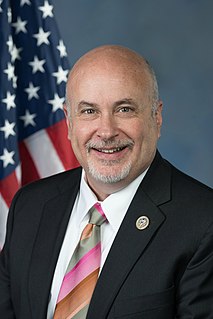A Quote by Neil deGrasse Tyson
You innovate in ways that stoke your economy. Because innovations in science and technology are the engines of 21st century economies.
Related Quotes
So many people have that kind of attitude and approach to learning that it gives me great hope for the world. I say hope in the sense that innovations in science and technology will be the engines of a 21st century economy and I don't want to go broke, as a nation. So, the hope I have is that, if people embrace it, we'll have a healthier, more secure, wealthier nation than we have.
We can't afford to waste people. We can't afford to have people think the game is over before it's begun. We've got to be saying to the Canadian people: you can't tax cut your way to a productive 21st-century economy. You can talk that talk, but it's not going to give you a productive 21st-century economy, because it will scythe apart the public goods that make prosperity possible. That's what we've got to say, and so we shall.
We know that to compete for the jobs of the 21st century and thrive in a global economy, we need a growing, skilled and educated workforce, particularly in the areas of science, technology, engineering and math. Americans with bachelor's degrees have half the unemployment rate of those with a high school degree.
Wireless is the largest information, communication, and technology platform in history, and mobile broadband is transforming how we can deliver educational materials and experiences to all students. The technology now exists to support learning on a massive scale and advance the 21st century skills needed to compete in the global economy.
I have begun to feel that there is a tendency in 20th Century science to forget that there will be a 21st Century science, and indeed a 30th Century science, from which vantage points our knowledge of the universe may appear quite different than it does to us. We suffer, perhaps, from temporal provincialism, a form of arrogance that has always irritated posterity.


































